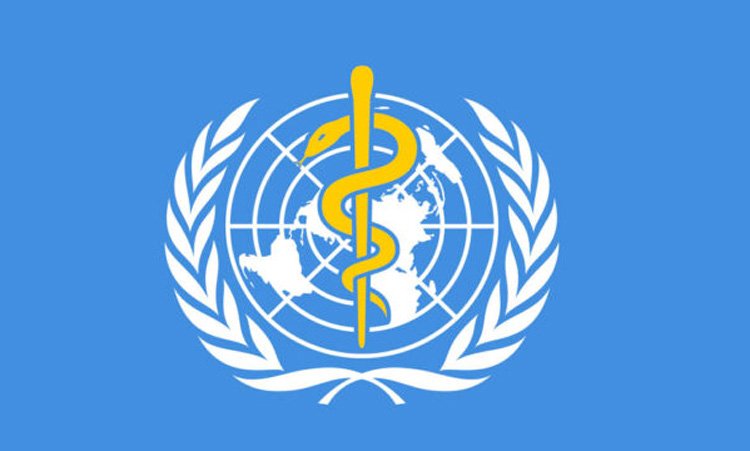The World Health Organization (WHO) is a specialized agency of the United Nations focused on international public health. Founded on April 7, 1948, and headquartered in Geneva, Switzerland, WHO’s mission is to promote health, keep the world safe, and serve the vulnerable by coordinating health efforts worldwide.
WHO sets global health standards and guidelines, supports disease prevention, and tracks health trends. It leads responses to health emergencies like disease outbreaks, pandemics, and natural disasters. The organization guides health research, shapes policies, and provides technical support to countries.
With 194 member states, WHO works through regional offices to fight infectious diseases such as HIV/AIDS, tuberculosis, malaria, COVID-19, and Monkeypox. It also focuses on non-communicable diseases, mental health, maternal and child health, and environmental health issues.
Funding comes from member contributions and voluntary donations. WHO partners with governments, health experts, and organizations to improve global health.
The organization publishes key reports, manages disease classifications like the International Classification of Diseases (ICD), and issues health alerts. It can declare Public Health Emergencies of International Concern (PHEIC) to address global health threats.
Overall, WHO is the central global authority that coordinates efforts to enhance health, control diseases, and respond to health crises worldwide.







